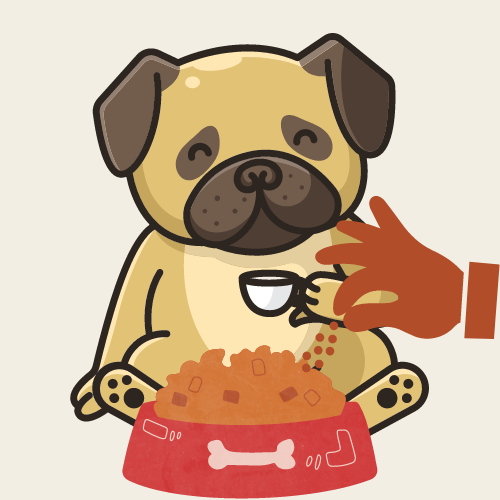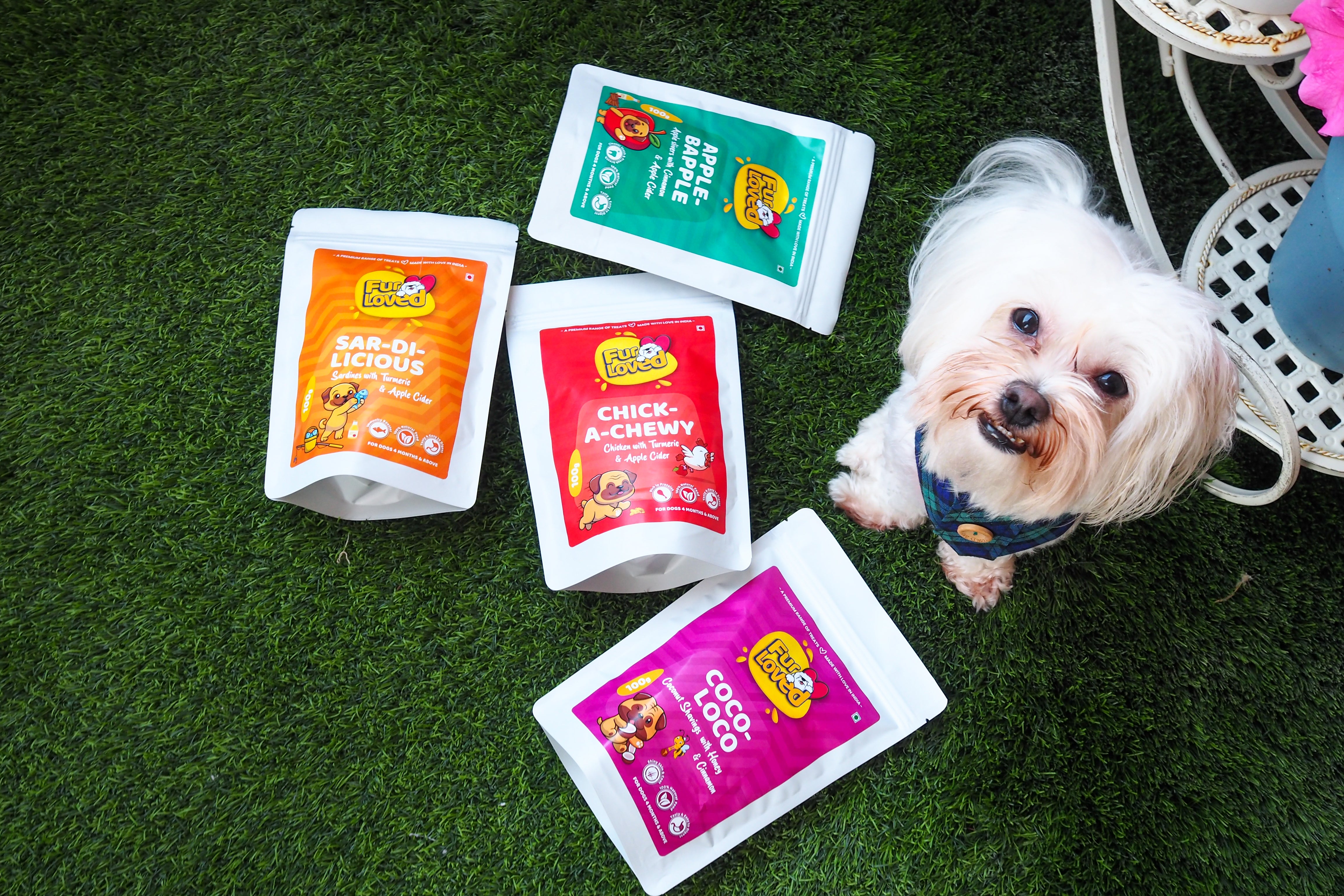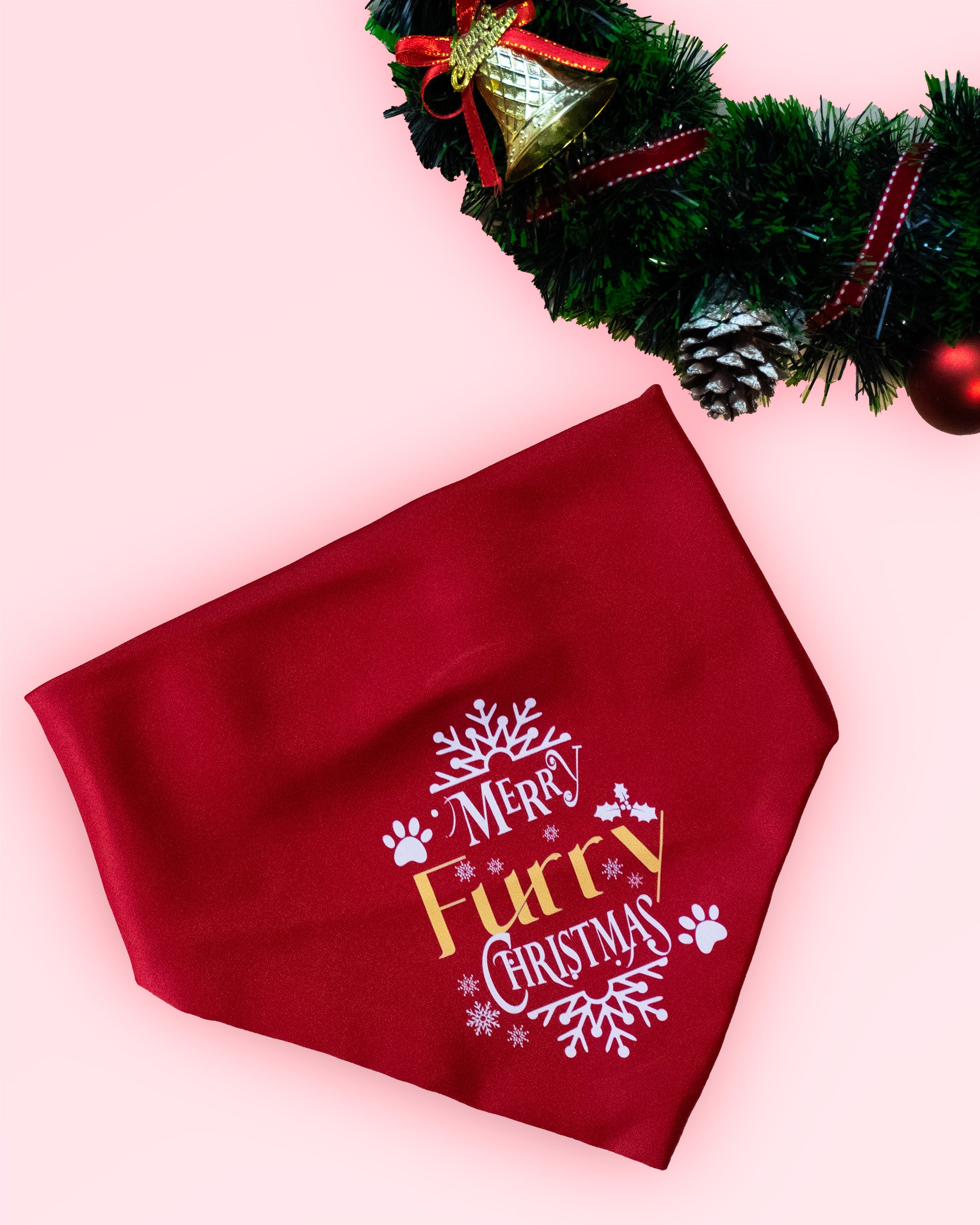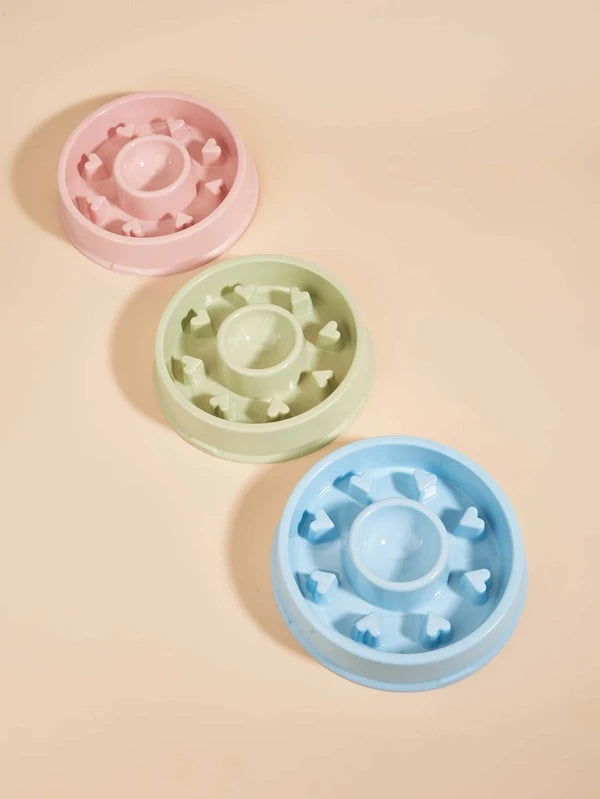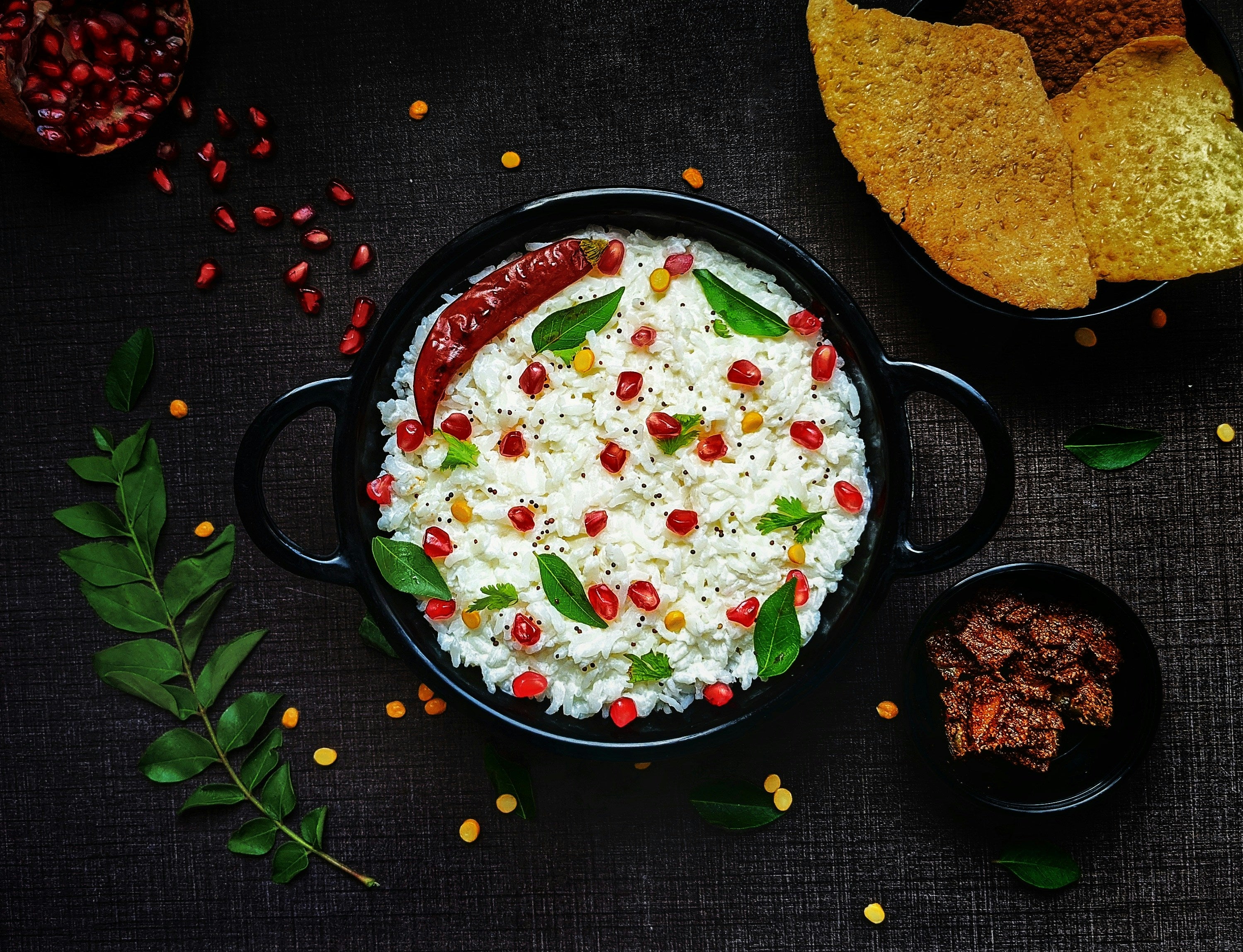Is Curd Rice Good for Dogs? Benefits, Risks, and Serving Tips
Curd rice is a staple in many Indian households, and dog owners often wonder if it’s safe to share this meal with their furry friends. This blog will explore whether curd rice is good for dogs, its benefits, potential risks, and the best ways to serve it to your pet.
What is Curd Rice?
Curd rice is a simple yet nutritious dish made by mixing curd (yogurt) with cooked rice. It is often seasoned with spices and sometimes includes additional ingredients like cucumbers or pomegranates. While curd rice is a popular comfort food for humans, many pet owners are curious if it is also suitable for their dogs.
Nutritional Benefits of Curd for Dogs
Curd, a fermented dairy product, is rich in probiotics, which can aid in maintaining a healthy gut flora for dogs. The probiotics found in curd help improve digestion, boost the immune system, and can even alleviate symptoms of gastrointestinal discomfort.
- Probiotic Powerhouse: Curd is packed with live cultures that help regulate the digestive system, making it especially beneficial for dogs with sensitive stomachs or those recovering from antibiotic treatment.
- Rich in Calcium: Curd provides a good source of calcium, which is essential for healthy bones and teeth in dogs.
- Protein Content: It also contains proteins that are vital for muscle development and overall growth in dogs.
Is Curd Rice Safe for Dogs?
Generally, curd rice is safe for dogs in moderation. However, there are some important considerations:
- Lactose Sensitivity: Some dogs may be lactose intolerant, which means they can have trouble digesting curd. If your dog shows signs of lactose intolerance, such as diarrhea or gas, it’s best to avoid curd rice.
- Rice Consideration: While rice is a common ingredient in dog food, it should be served in moderation. Excessive consumption of rice can lead to weight gain due to its high carbohydrate content.
How to Serve Curd Rice to Dogs
If you decide to give your dog curd rice, here are a few tips to keep it safe and healthy:
- Plain and Simple: Avoid adding spices, salt, or any additional ingredients that might be harmful to dogs. Serve the curd rice plain.
- Small Portions: Start with small portions to ensure your dog doesn’t have any adverse reactions. Monitor them closely for any signs of discomfort.
- Occasional Treat: Curd rice should not replace your dog’s regular meals. It’s best served as an occasional treat.
Potential Risks of Curd Rice for Dogs
While curd rice offers some benefits, there are potential risks involved:
- High Fat Content: Depending on the type of curd used, the fat content might be high, which can contribute to obesity in dogs if given in large amounts.
- Spice Sensitivity: Many curd rice recipes include spices that can be harmful to dogs. Always ensure the curd rice is free of any harmful seasonings.
Alternatives to Curd Rice for Dogs
If your dog is lactose intolerant or if you prefer to avoid curd rice, there are other healthy alternatives you can consider:
- Plain Yogurt: Opt for plain, unsweetened yogurt, which is lower in lactose compared to curd.
- Boiled Rice: Boiled rice without any added ingredients can be a bland diet option for dogs, especially when they have digestive issues.
- Probiotic Supplements: If your dog needs probiotics, consult your vet about giving them a supplement specifically designed for dogs.

